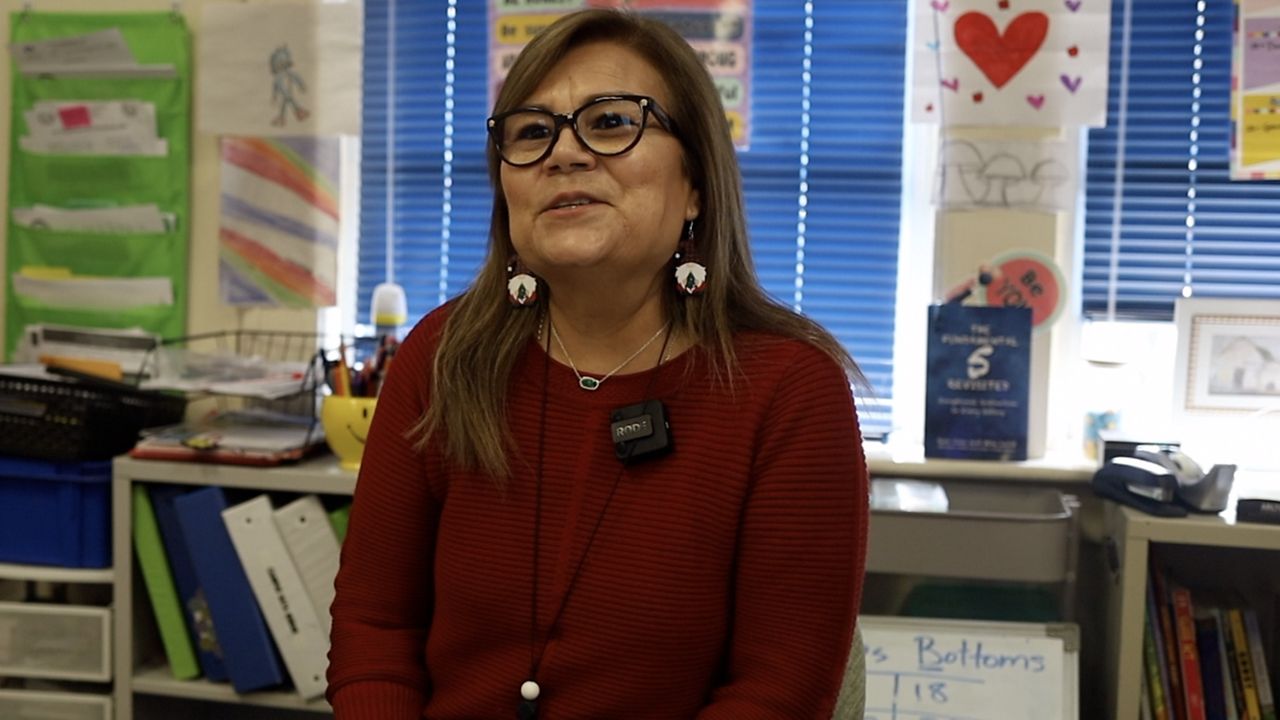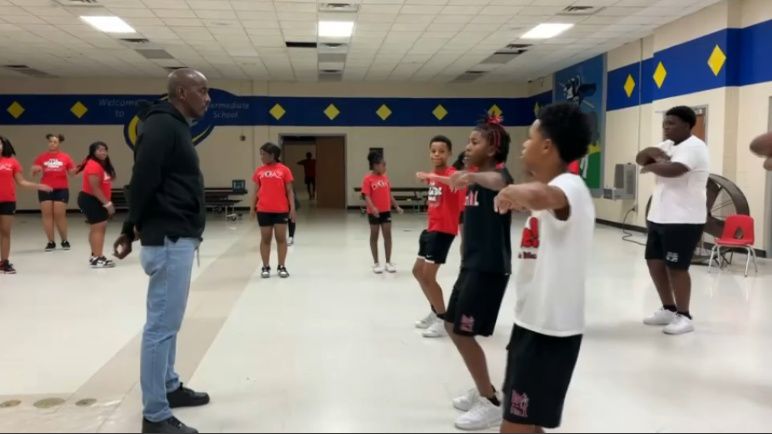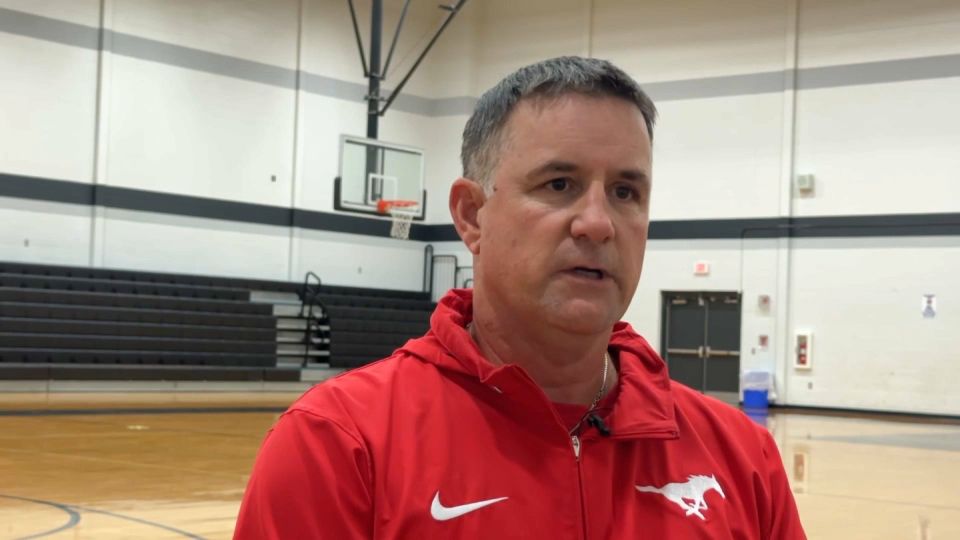CEDAR HILL, Texas — The large, industrial kitchen Carlie Munoz works in is filled with chefs preparing ingredients and others clearing out old stock to see what they need to order for the week ahead. Unlike many restaurants, they only prepare to open shop for one day each week.
They all have to spend most of their days attending other classes, working part-time jobs, and trying to keep up life as high schoolers.
“Like, I’m not that type of person to cook, but I have developed a passion for it,” said Munoz, a senior in Cedar Hill High School’s culinary academy.
She’s like many of the students who got involved with the program to see if they had a spark for cooking and the hospitality industry. In Munoz’s case, it’s taken her on a three-year journey which she plans to continue to pursue in the future.
The Cedar Hill students learn the restaurant arts, both the cooking aspects and the business side from pros in the DFW area like Chef Kathy Boyd, who owns a bakery. The students then take those skills to work by running their own restaurant in the district - serving staff and teachers on Fridays and catering many of the major events and banquets put on by the district. It’s a true full-service restaurant experience, or at least that’s the idea most years.
“Unfortunately, when COVID hit this year it put us in a very difficult position because it limited what we could do,” said Chef Boyd.
Restaurants have been some of the hardest hit businesses throughout the pandemic. Most closed or offered curbside takeout only during the early days of the pandemic last year. Even though restrictions have been lifted in Texas, many continue to struggle as much of the public continues to social distance and take a cautious approach to reentering crowded public places until the COVID-19 situation gets under better control.
Like any other restaurant, the students’ restaurant has also felt those setbacks. For some time, all of them had to attend their classes virtually, and now Boyd still has to teach their culinary lessons with a live-stream TV going as some students continue distance learning. They also can’t have the crowds at their tables either right now.
All of this may be providing the future restaurateurs their most important lesson yet: adapting.
“While we love for them to be able to do five-star cuisine, sometimes you’ve just got to go back to basics,” said Boyd.
So the students and their advisors revamped their restaurant for 2020-2021; how it operates, what they serve, how they serve it. They’ve shifted to a bistro-style menu that emphasizes things like sandwiches, wraps, soups, and salads; items with ingredients that hold a longer shelf life to create less food waste in this tight budget year. They’re also able to offer their dishes in a more to-go style under the setup.
The students in the program say the changes have also been a hit with their customers in this strange school year.
“The teachers love it,” said senior Jatavion Robinson. “They be [sic] coming in back to back to back. We literally have lines all the way [out of the restaurant] and the tickets be rolling and rolling and rolling in.”
The students say what could have been a lost year in their program ended up being an important year, reinforcing the love for the business that many of them have developed.
Even Munoz is still holding the course with her eyes set on a future in hospitality. She says every time she gets to see a smile on the face of a customer - even behind their mask - is more evidence she’s ready to take on whatever the future throws at the business.
“They’ll be like, ‘This is really good! Did y’all make this?’ And we’ll be like, ‘Yeah, we did!’” said Munoz.









